A New Era of Writing
Artificial intelligence (AI) is no longer just a concept pulled from sci-fi movies; it’s a real part of our everyday lives now, including in the world of writing. AI tools can suggest ideas, check grammar, and even help draft stories. While this is exciting, it also brings up some pretty big ethical questions. How should writers be using AI in their creative process? Where do we draw the line between human creativity and machine-generated input?
In this article, we’re diving into the ethical challenges that come with using AI in creative writing. We’ll talk about how to innovate while keeping things genuine, and make sure AI stays a helpful tool, not a replacement for the human touch that makes writing so meaningful.
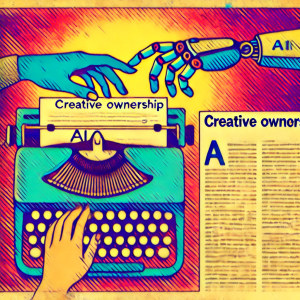
Defining Creative Ownership: Who’s the Author?
One of the most debated questions in AI-assisted writing is: Who’s the real author? If an AI suggests a character or even a whole chapter, does that belong to the writer or the AI? This issue gets even trickier when a writer relies heavily on AI to shape their story.
Some people argue that AI is just another tool, like a pen or a word processor, so the final piece still belongs to the writer. But others think that when AI plays a big role, it starts to blur the lines of who’s actually doing the writing. While AI can’t own intellectual property, writers should be upfront about how much help they got from AI, especially when working professionally.
Being transparent builds trust with readers. It ensures that the human side of storytelling—things like emotional depth, personal experience, and unique perspectives—remains front and center, separate from what a machine can churn out.
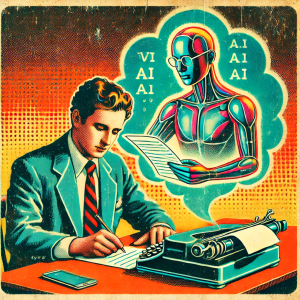
The Risk of Over-Reliance: Creativity at Stake
AI can be a lifesaver when you’re stuck in a creative rut, offering fresh ideas when inspiration runs dry. But there’s a delicate balance between using AI as an assistant and leaning on it so much that it undermines the essence of creative writing.
Storytelling is personal. Every writer has their own voice and experiences that shape their work. If writers start to depend too much on AI, they risk losing that originality. AI tends to follow patterns based on the data it’s been trained on, which can lead to formulaic, cookie-cutter content.
Writers need to stay in control of the creative process. AI can be a helpful co-pilot, but the human behind the wheel should always steer the story. At the end of the day, it’s human insight, emotion, and creativity that give a piece of writing its heart and soul.
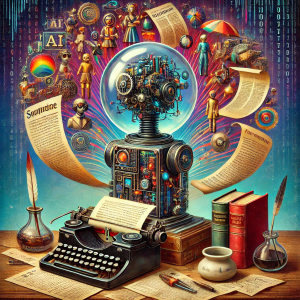
The Bias Problem: Ensuring Fair Representation
Another ethical issue with AI is bias. AI systems are trained on massive amounts of data from all over the internet, which can include biased content. This means AI could unintentionally reinforce stereotypes or misrepresent certain communities.
For instance, if an AI has learned from content where certain groups are consistently underrepresented or shown in stereotypical roles, it could reflect those biases in what it generates. That’s why it’s crucial for writers to critically review AI-generated content—not just for good writing, but to make sure it’s fair and free from harmful bias.
Writers must act as editors, not only refining the language but also ensuring that the stories are just and inclusive. This responsibility is especially important in fiction, where characters and worlds have real-life cultural implications.
Privacy and Consent: Ethical Boundaries in Storytelling
AI’s ability to draw from vast amounts of data also raises concerns about privacy. Writing about imagined characters is one thing, but if AI pulls real-life details from online data, there’s a risk of invading someone’s privacy without even realizing it.
Writers need to be careful here. Even if AI generates seemingly original content, they should ask themselves: Could this character be too close to a real person? Does this storyline echo real-life events in a way that could cause harm? Writers should always respect privacy, even when AI pulls in data from unexpected places.
Being mindful of consent is key. Ethical storytelling involves respecting boundaries, and writers need to ensure that AI-generated content doesn’t cross those lines.
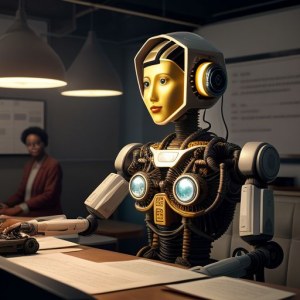
Creativity vs. Automation: Can Machines Replace Human Imagination?
One of the biggest concerns is whether AI will eventually replace human creativity. Could we be heading towards a future where entire books and scripts are written by machines? While that might seem far off, the growing use of AI is making us reconsider the role of human imagination in writing.
At its best, AI can enhance creativity by offering new ideas or suggesting plot twists we might not have thought of. But AI lacks the depth of human experience—the emotions, memories, and personal connections that make stories resonate.
Machines don’t have dreams or fears. They don’t live through the joys and heartbreaks that inspire great storytelling. Writers should see AI as a tool to spark ideas, not a replacement for their imagination. The human touch is what gives stories their soul.
Accountability: Who’s Responsible for AI-Generated Content?
Another big question is: Who’s accountable when AI creates something harmful or offensive? Is it the writer, the AI developer, or the AI itself?
Right now, the responsibility falls squarely on the writer. Even if AI helps generate content, writers are the ones choosing to use it and publish the final product. It’s up to them to make sure the content is accurate, ethical, and aligns with their values. Writers can’t simply blame the AI.
Moving Forward: The Future of AI in Writing
As AI continues to evolve, the ethical questions will only get more complex. Writers need to stay informed and thoughtful about how they use this technology. AI offers exciting possibilities, but it’s up to us to use it responsibly without sacrificing the heart of what makes writing an art.
In the end, AI should be seen as a helpful tool, not a substitute for the human creativity that gives stories their power. By staying true to the core values of originality, fairness, and accountability, we can embrace AI without losing the magic of storytelling.

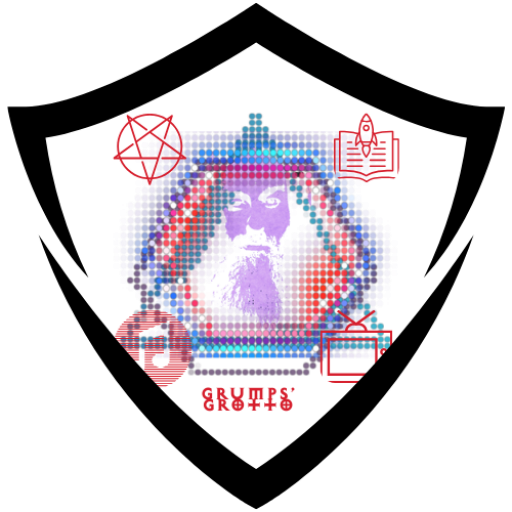
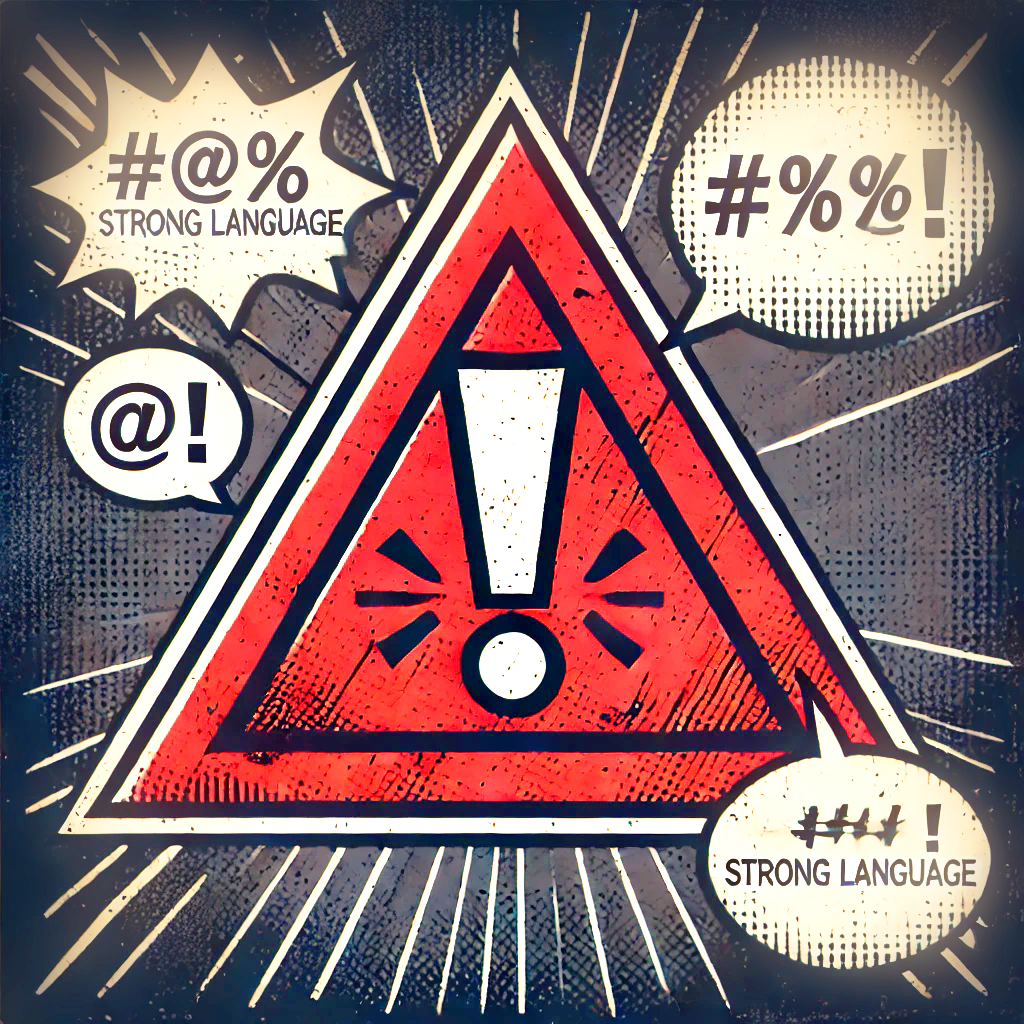
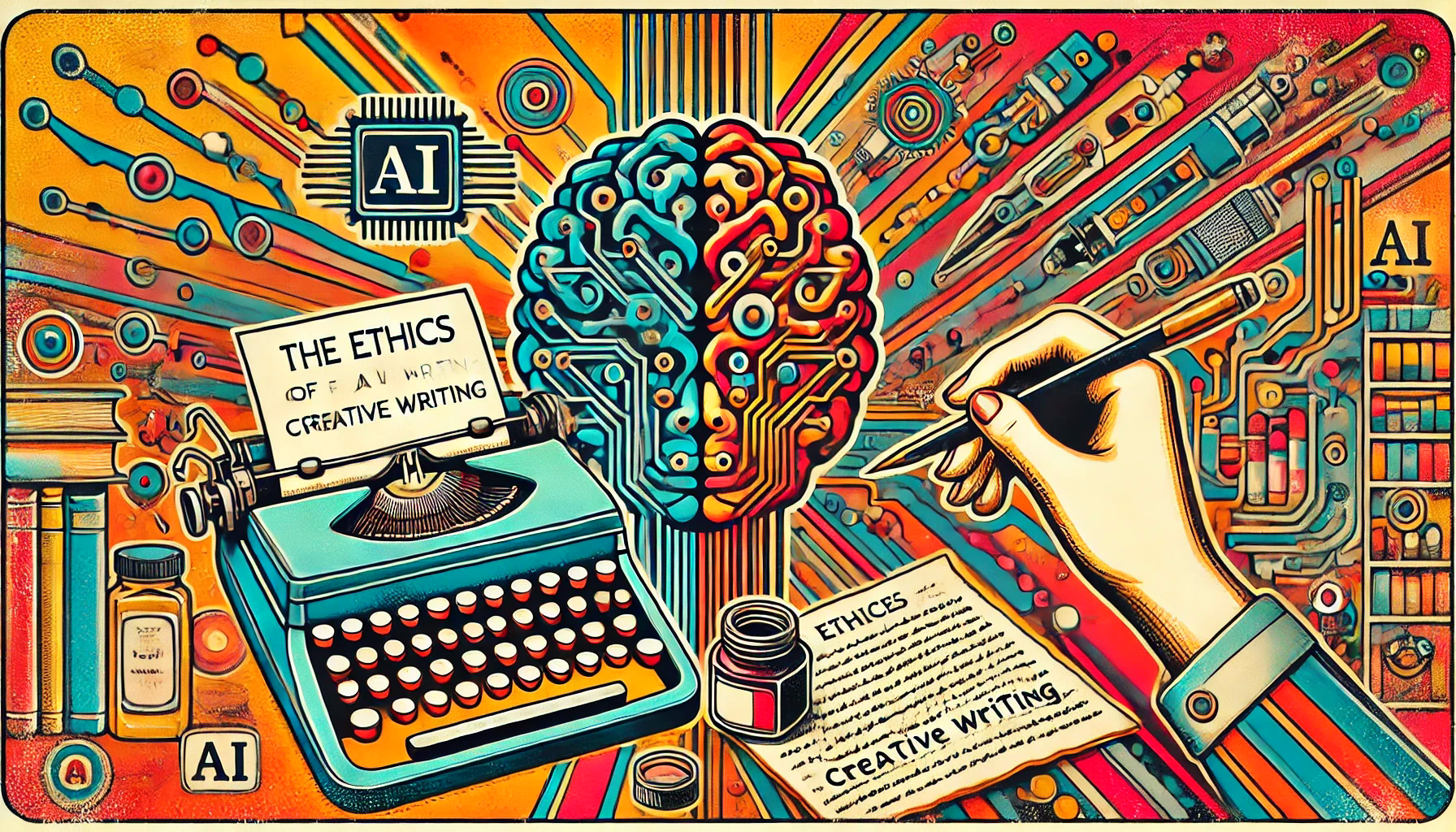
Leave a Reply